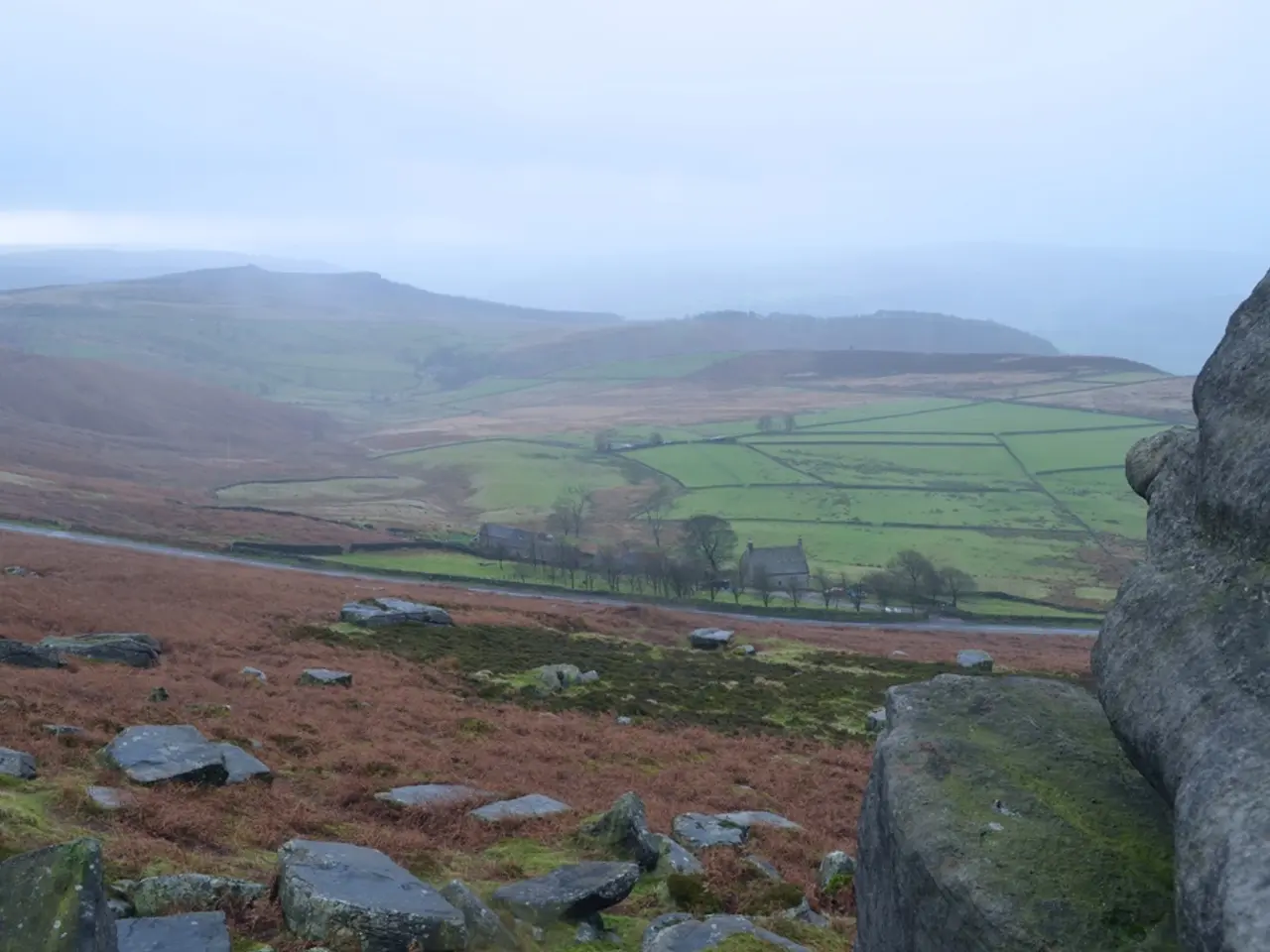Political challenges do not deter investments in the natural sector, affirmed a recent report.
**Increase in Nature-Based Investments by Institutional Investors**
A significant shift is underway in the world of finance, as nearly all investors surveyed are planning to boost their nature-based investments. This trend is driven by growing interest in environmental goals and climate resilience, but several barriers, risks, and solutions shape this evolving landscape.
### Barriers and Risks
Investors face challenges such as insufficient data, lack of standardized metrics, and fragmented market frameworks, which hamper effective due diligence, risk assessment, and decision-making. The nature-based investment market remains fragmented across various sectors, operating with inconsistent reporting and valuation standards, creating uncertainty and complexity for institutional investors.
Nature-based solutions often involve complex ecosystems, long time horizons, and regulatory uncertainties, posing risks related to project execution, measurement of environmental outcomes, and market liquidity. Furthermore, a limited pipeline of scalable, bankable projects is still developing, limiting opportunities for large institutional investors. Shifting policies and political will across regions can also affect the stability and attractiveness of nature-related investments, adding a layer of geopolitical and regulatory risk.
### Solutions and Enablers
Initiatives like the Taskforce on Nature-related Financial Disclosures (TNFD) provide a framework for consistent disclosure of nature-related risks and opportunities, improving market transparency and investor confidence. Using blended finance structures, which combine public and private capital, can help de-risk nature-based investments and attract institutional capital.
Collaboration among investors, governments, and conservation organizations is growing, developing projects that are bankable and scalable. Institutional investor leadership and commitment, such as that demonstrated by BlackRock and KKR, help shape market expectations and catalyze standards. Cross-sector collaborations and coalitions, like the International Sustainable Forestry Coalition and Capitals Coalition, promote shared knowledge, innovation, and alignment across sectors, enhancing the credibility and impact of nature-based investments.
### Summary
While significant capital and interest exist, overcoming information gaps, risk perceptions, and market fragmentation remains critical to scaling institutional investment in nature-based solutions and supporting global climate and biodiversity goals. Almost all gross domestic product (more than half) depends on nature in some form, and the understanding of nature-related risks has increased among investors. Investors need a stronger pipeline of investable projects, greater confidence in the data, and more consistent standards to fully capitalize on this growing trend.
- To increase investor confidence and capitalize on the growing trend of nature-based investments, institutional investors can collaborate with conservation organizations to develop scalable, bankable projects that adhere to consistent reporting and valuation standards as recommended by initiatives like the Taskforce on Nature-related Financial Disclosures (TNFD).
- In order to effectively tackle the fragmented nature-based investment market and overcome the challenges posed by insufficient data, lack of standardized metrics, and regulatory uncertainties, blended finance structures can be utilized to de-risk and attract institutional capital, supporting both social and financial goals.
- Recognizing the importance of nature-based solutions for environmental goals, climate resilience, and economic growth, institutional investors such as BlackRock and KKR are taking a leading role in shaping market expectations, catalyzing standards, and promoting cross-sector collaborations to create a more unified and impactful nature-based investment landscape.




